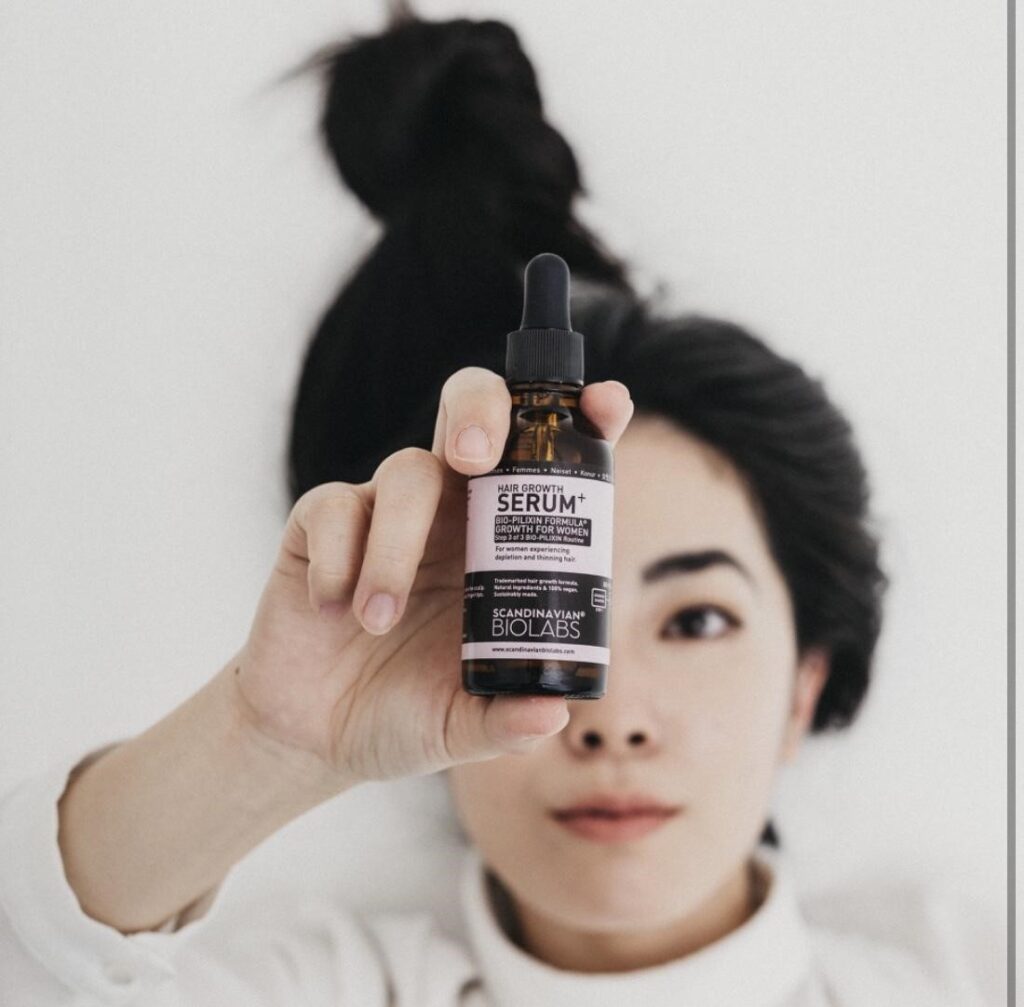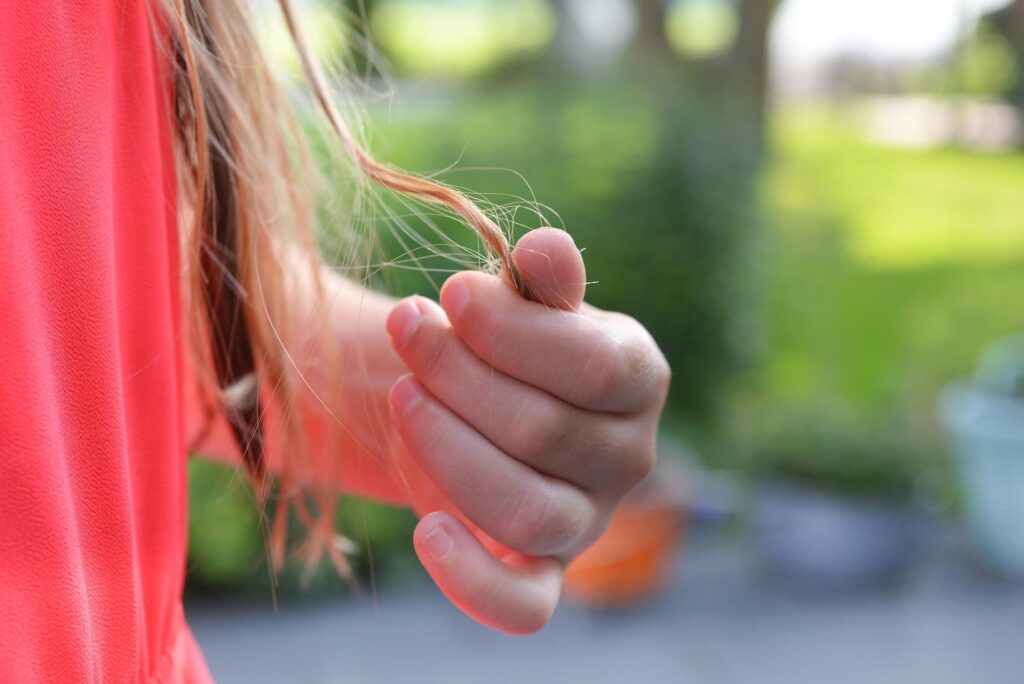Hair loss is a condition that the majority of the populace battle with nowadays. I could say that the types of hair loss in females are more manageable as ladies have wigs for covering it up. On the other hand, it’s more visible in males as it causes hair thinning, receding hairlines, and even balding.
This condition is indeed a cause for worry. However, to get a solution to a problem, you need to understand the problem. Hence the need to understand the main types of hair loss.
Key Takeaways
Alopecia, more popularly known as hair loss, is a condition that can affect not the scalp but the whole body. It may be hereditary, temporary, or permanent. Alopecia has many forms of appearance and is more common in men. Hair loss in males often leads to baldness.
There are six major types of hair loss; while permanent hair loss has no treatment, the temporary type does. There are medical pills to strengthen the hair follicles and natural remedies and preventive measures. You can use these to salvage your hair as it is the crown of your being.
Different Types of Hair Loss
If you’re experiencing hair loss and want to identify the kind or are just interested in the topic, there are six major types of hair loss. And, of course, their causes vary. As we focus on the types, the six most significant ones are below.
1. Androgenic Alopecia
A type of hair loss that affects both genders is called male/ female pattern baldness. Make victims begin to experience receding hairline & vanishing of hair as early as their teenage years. However, in females, this genetic condition starts manifesting at the age of forty. They later experience general hair thinning with loss severity at the crown.
2. Involutional Alopecia
In this case, most hair follicles go to rest while the remaining hair grows scantier and shorter. It is natural, and the thinning is mainly experienced as one age.
3. Alopecia Universalis
Victims of this kind of Alopecia experience full-body hair loss. This condition is severe as naturally, hair grows on all parts of the body except the palms and feet. There is a fall out of eyelash brows, scalp, pubic hair, etc.
4. Alopecia Areata
This hair loss is common in children and young adults and starts without warning. It is prone to becoming total baldness, known as Alopecia totalis eventually. However, the baldness is mostly temporary as the hair returns within a few years in about 90% of cases.
5. Trichotillomania
This kind of Alopecia results from a psychological disorder that causes people to uproot their hair.
6. Scarring Alopecia
Scarring Alopecia is caused by inflammatory skin conditions and disorders that cause scars that weaken and kill hair regeneration.
The above are the six major types of hair loss. However, there is one more rampant type that isn’t among the top six. It is known as Telogen Effluvium resulting from change in hair growth cycle, emotional or physical shock. It becomes visible in the form of hair thinning. There are also several unmentioned types of hair loss.
Preventions and Treatments for Various Types of Hair Loss Patterns

To every problem, there are tons of solutions. You just have to look well enough to find them. If you’re reading this, you’re in luck because below is a compilation of effective treatments & preventive procedures.
For prevention of hair loss:
- Consume healthy meals and balanced diets. Focus on eating proteins and iron.
- Rather than using a towel to press or twist your hair after washing, pat it till it dries.
- Avoid pulling, twisting, rubbing, and touching your hair unnecessarily.
- Go for protective and loose hairstyles that do not stretch your hair tautly and stress your scalp.
- Be mindful of the hair products you use.
For treatment:
- Scalp Micro Pigmentation: It is a non-surgical procedure that gives the illusion of fuller hair. Also known as a hair tattoo involves using pointillism to recreate an illusion of hair on the scalp. This process creates tiny dots on the scalp in different hues that bear a semblance to natural hair follicles. It is usable for any hair loss, including cancer.
- Over-the-counter medications that often contain minoxidil. These include creams, foams, and gels.
- Surgical procedures like hair transplant or scalp reduction.
Please note that these are to mention but a few. There are many more preventions and treatments, including effective natural home remedies.
Conclusion
The causes of hair loss in humans range from genes, aging, hormones, medications, radiation therapy, and stress to hairstyles. While this demise/ reduction of hair doesn’t bother some, others are in perpetual turmoil. For individuals in the second category, there’s hope for a boost of your confidence once again.
There are many ways to prevent, treat or hide hair loss. You should be bold enough to rock your look or cover it pretty well. However, there are also precautionary measures to ensure you never have to face such a dilemma.
Hey there, I hope you had a great read? If you’ve got any unanswered questions, utilize the comment section and ask away!

